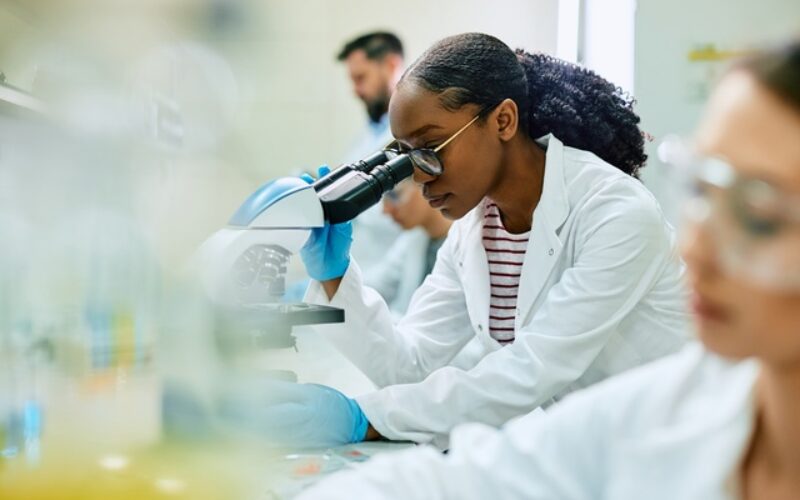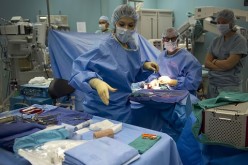Whether you’re considering a career in research, healthcare, or industrial science, mastering these essential competencies will set you apart as a valuable lab professional.
Technical Proficiency Forms Your Foundation
Laboratory instruments require careful handling and accurate operation. You’ll need to master equipment like microscopes, spectrophotometers, centrifuges, and pH meters. Each instrument has specific calibration requirements and maintenance protocols that directly impact your results.
Data collection and analysis skills prove equally important. Modern labs rely heavily on computer software for data management, statistical analysis, and report generation. This means that programs like Excel, R, or specialized laboratory information management systems (LIMS) become daily tools in your workflow.
Safety Protocols Protect Everyone
Laboratory safety extends far beyond wearing protective equipment. You need comprehensive knowledge of chemical hazards, proper storage procedures, and emergency response protocols. Material Safety Data Sheets (MSDS) become essential reading for understanding chemical properties and handling requirements.
Proper waste disposal procedures also protect both the environment and your colleagues. Different materials require specific disposal methods, and mixing incompatible substances can create dangerous situations. Knowing about lab disinfection helps you maintain sterile conditions and prevents contamination between experiments.
Communication Skills Bridge Science and Society
Clear documentation practices ensure that others can understand and replicate your work. Laboratory notebooks require detailed entries that include procedures, observations, and unexpected results. Your writing must be precise, organized, and free from ambiguity.
Collaboration happens constantly in laboratory settings. You’ll work with technicians, researchers, and supervisors who all have different backgrounds and expertise levels, so effective communication helps teams coordinate experiments, share resources, and troubleshoot problems together.
Problem-Solving Abilities Drive Innovation
Critical thinking helps you evaluate experimental design, identify potential sources of error, and interpret unexpected results. Laboratory work rarely follows a perfectly predictable path, and you must adapt procedures when circumstances change.
Troubleshooting skills develop through experience and systematic approaches to problem-solving. When equipment malfunctions or experiments produce unusual results, you need strategies for identifying root causes and implementing solutions.
Plus, research skills enable you to find relevant literature, understand experimental methodologies, and stay current with developments in your field. Scientific knowledge evolves rapidly, and successful lab professionals continuously update their understanding.
Time Management Maximizes Productivity
Laboratory experiments often involve multiple steps with specific timing requirements. You must coordinate simultaneous procedures, manage sample preparation schedules, and ensure adequate time for proper analysis.
Organization skills help you maintain clean workspaces, track samples through complex procedures, and manage inventory efficiently. Good organizational habits prevent cross-contamination, reduce errors, and improve overall laboratory efficiency.
Building Your Laboratory Career
Success in laboratory work requires dedication to continuous learning and professional development. These fundamental skills provide the foundation for specialized training in your chosen field, whether that’s clinical diagnostics, pharmaceutical research, or environmental monitoring.
Start developing these competencies through coursework, internships, and hands-on laboratory experiences. Each skill reinforces the others, creating a comprehensive tool kit that will serve you throughout your scientific career.
Image Credentials: by Drazen, 606123035
end of post … please share it!
PAYING FOR COLLEGE: getting the aid you need
-------------------------------------------------------------------------------------------------------------
end of post idea
-------------------------------------------------------------------------------------------------------------
view home improvement ideas at our Photo Remodeling center
Helpful article? Leave us a quick comment below.
And please share this article within your social networks.











